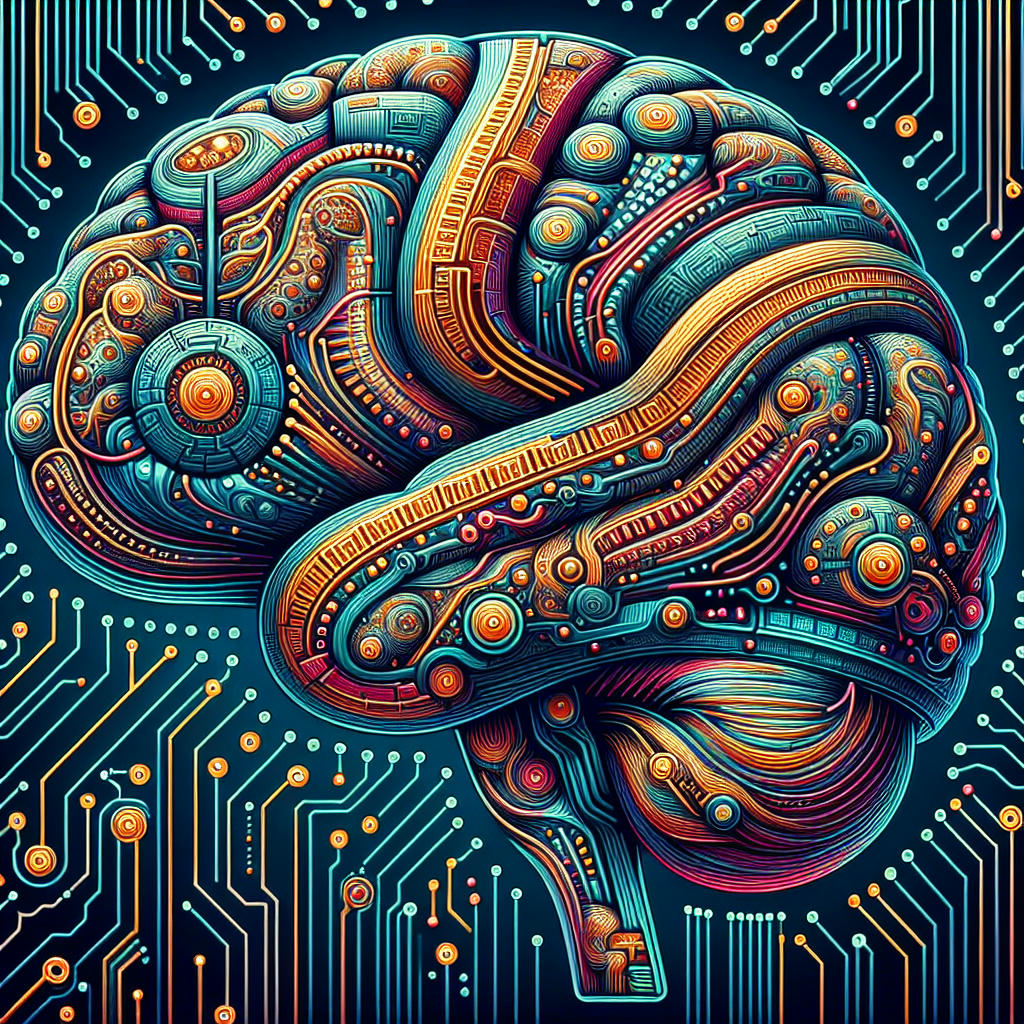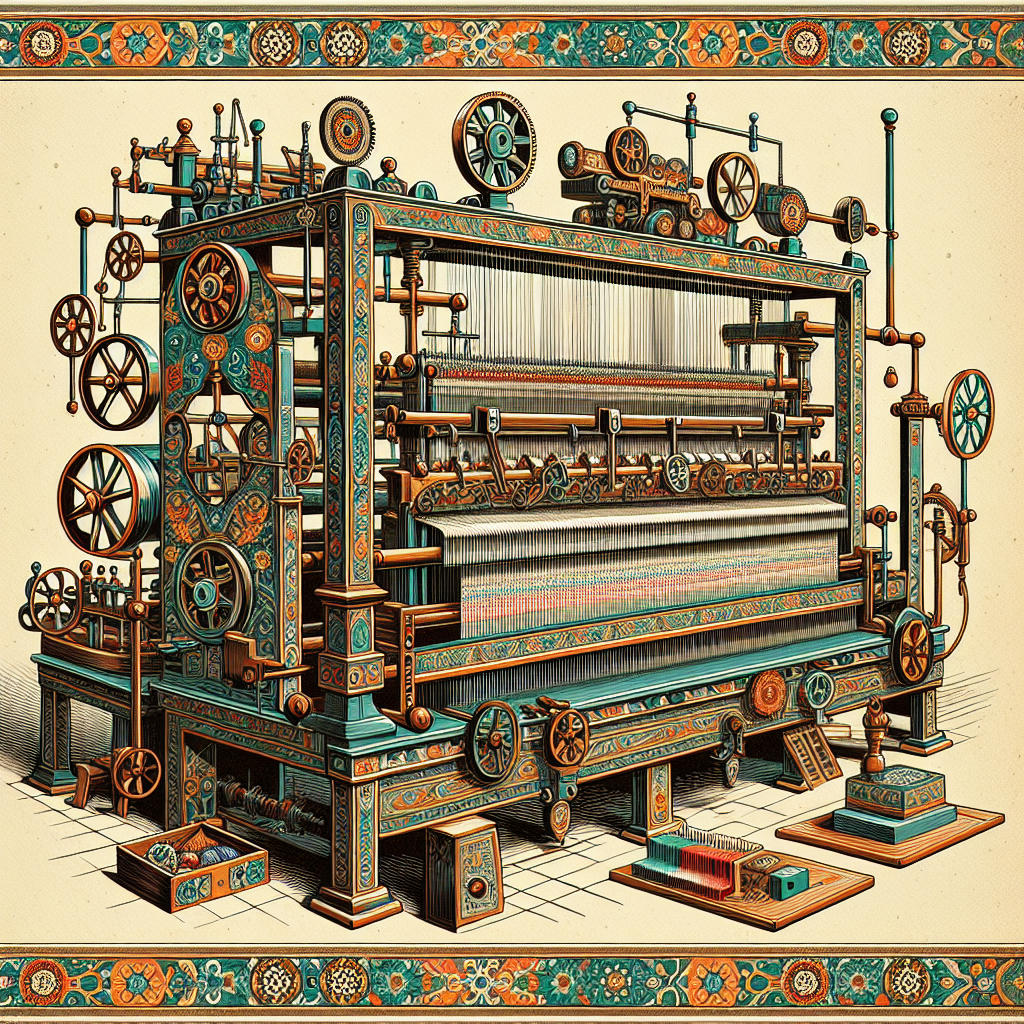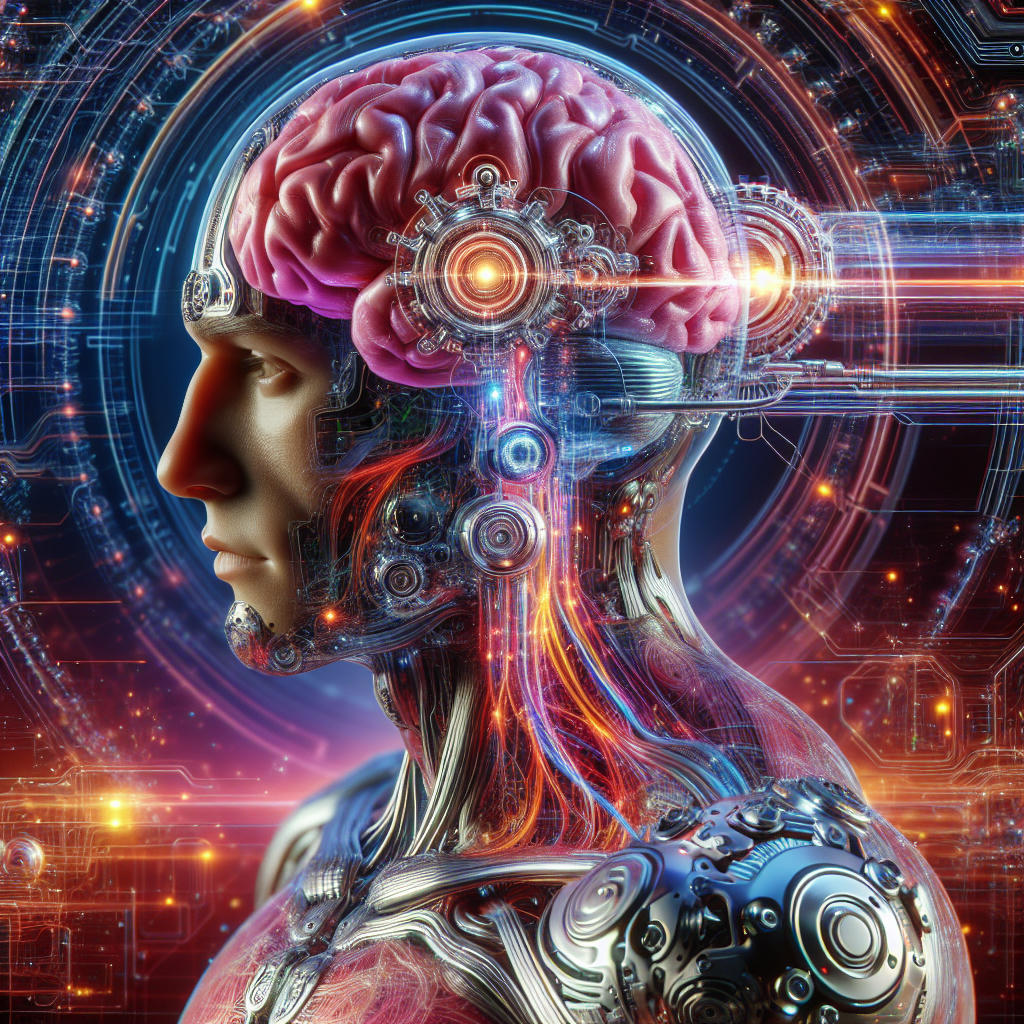In a groundbreaking revelation that has left the scientific community and the general public in awe, researchers have discovered that President Joe Biden's brain operates on a system akin to 50-bit punchcards. This astonishing finding challenges our understanding of human cognition and raises profound questions about the nature of consciousness and the potential for technological integration within the human brain.
The Discovery
The discovery was made by a team of neuroscientists at the National Institute of Neurological Disorders and Stroke (NINDS) during a routine brain scan intended to study age-related cognitive decline. Dr. Eleanor Finch, the lead researcher, described the moment of revelation as "both surreal and exhilarating."
"We were conducting a standard fMRI scan when we noticed an unusual pattern of neural activity," Dr. Finch explained. "Upon closer examination, we realized that the neural firing sequences resembled the binary code used in early computing punchcards. Further analysis confirmed that these sequences were operating on a 50-bit system."
The Punchcard System
Punchcards, an early form of data storage and processing, were used in the mid-20th century to program computers. Each card contained a series of holes punched in specific positions to represent binary data. The 50-bit punchcard system discovered in President Biden's brain suggests a highly sophisticated and organized method of information processing that predates modern digital technology.
Implications for Neuroscience
The implications of this discovery are vast and multifaceted. Firstly, it challenges the conventional understanding of how the human brain processes information. The presence of a punchcard-like system suggests that the brain may be capable of utilizing multiple methods of data encoding and retrieval, potentially opening new avenues for research into cognitive function and memory.
Dr. Finch and her team are now exploring whether this punchcard system is unique to President Biden or if it might be present in other individuals, particularly those with exceptional cognitive abilities or unique neurological conditions.
Historical Context
The use of punchcards in computing dates back to the early 1800s with the invention of the Jacquard loom, which used punched cards to control the weaving of complex patterns. This technology was later adapted for use in early computers, such as the IBM 1401, which relied on punchcards for data input and storage.
The discovery of a similar system within the human brain suggests a fascinating convergence of biological and technological evolution. It raises the possibility that the brain may have developed or adapted mechanisms analogous to early computing methods, potentially as a means of optimizing information processing.
Ethical and Philosophical Questions
Beyond the scientific implications, this discovery also raises profound ethical and philosophical questions. If the human brain can operate on a punchcard-like system, what does this mean for our understanding of consciousness and free will? Are our thoughts and actions predetermined by a series of binary codes, or is there room for spontaneity and creativity within this framework?
Moreover, the potential for technological integration within the human brain opens up new possibilities for enhancing cognitive function and treating neurological disorders. However, it also raises concerns about privacy, autonomy, and the potential for misuse of such technology.
The Future of Brain-Computer Interfaces
The discovery of the punchcard system in President Biden's brain could have significant implications for the development of brain-computer interfaces (BCIs). BCIs are devices that enable direct communication between the brain and external devices, such as computers or prosthetic limbs. Understanding the brain's punchcard-like encoding system could lead to more efficient and effective BCIs, potentially revolutionizing the field of neurotechnology.
Dr. Finch and her team are already collaborating with experts in artificial intelligence and computer science to explore the potential applications of this discovery. They hope to develop new methods for decoding and interpreting the brain's punchcard signals, which could pave the way for advanced neuroprosthetics and cognitive enhancement technologies.
Conclusion
The discovery that President Joe Biden's brain operates on a 50-bit punchcard system is a groundbreaking revelation that challenges our understanding of human cognition and opens up new possibilities for scientific research and technological innovation. As researchers continue to explore the implications of this discovery, we may find ourselves on the brink of a new era in neuroscience and neurotechnology.
This remarkable finding not only deepens our understanding of the human brain but also invites us to reconsider the boundaries between biology and technology, and to explore the profound questions that lie at the intersection of these two fields.


